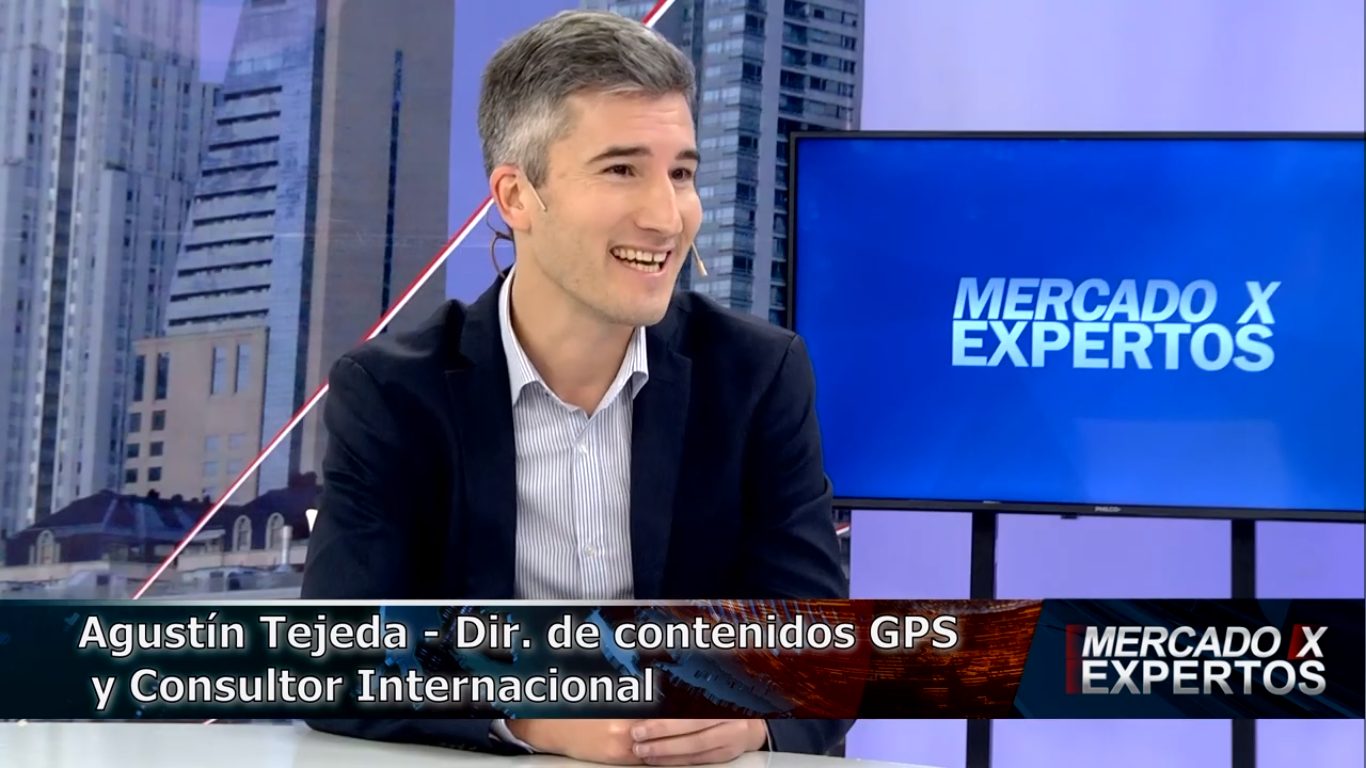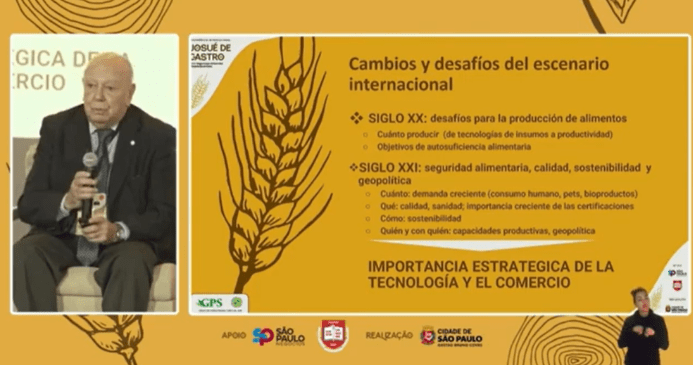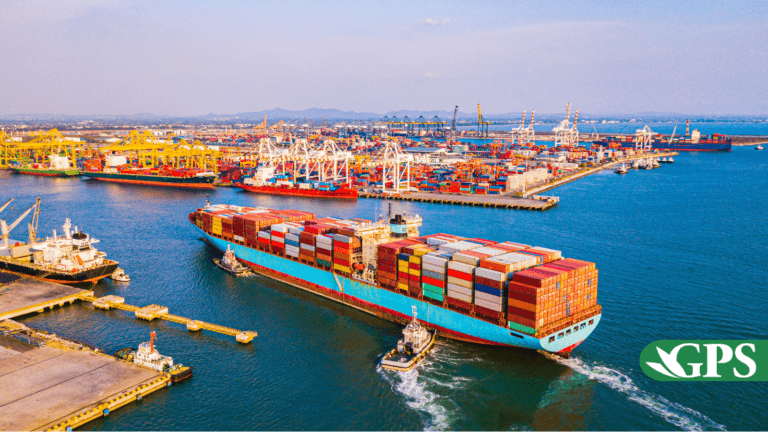Interview with Agustín Tejeda, GPS Content Director by the journalist Marcos López Arriazu for the Youtube channel MERCADOS X EXPERTOS
The content director of the Grupo De Países Productores Del Sur (GPS), Agustín Tejeda, spoke with the journalist specialized in agriculture, Marcos López Arriazu, during his Mercado X Expertos program, in which he spoke about the work and vision of GPS in the promotion of regional integration and the international insertion of the Mercosur agribusiness. In addition, Tejeda highlighted the importance of working together with the countries of the Southern Cone, to face the geopolitical and environmental challenges of the current context. Read the interview below.

Marcos López Arriazu: Before getting into this international insertion, what does GPS do? Tell us well, what is this organization about?
Agustín Tejeda: GPS, in fact, is celebrating its tenth anniversary, so we are celebrating the decade and thinking about the coming decade. GPS is a network of entities from the agro-industrial sector of the four Mercosur countries (Argentina, Paraguay, Uruguay and Brazil) that works for sustainable development, regional integration and international insertion from an agro-industrial perspective. With these objectives, we work on the preparation of documents, the presentation of new ideas, the organization of events and, also, the positioning of these ideas with governments and international organizations. Always with a regional look towards the world.
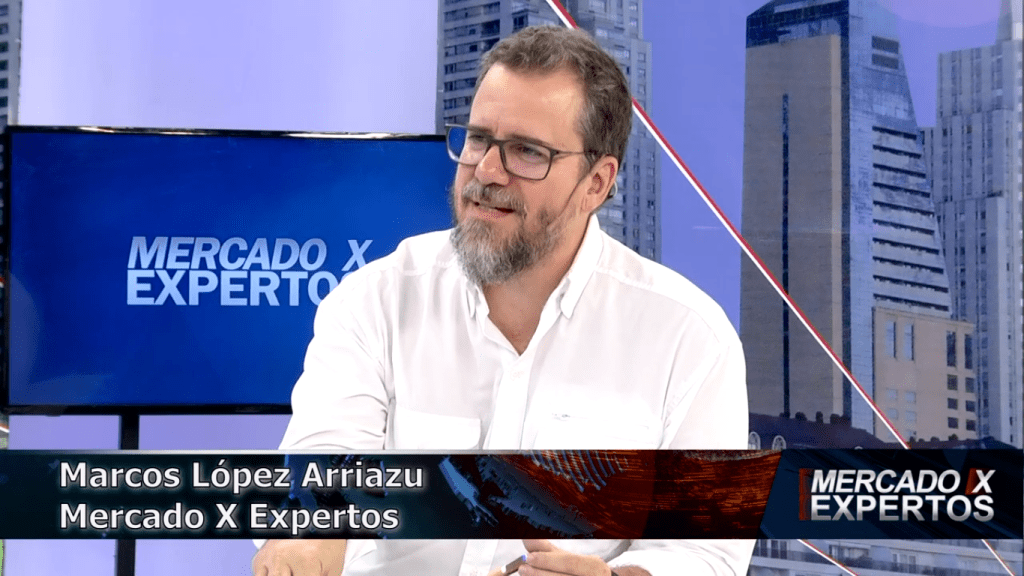
MLA: It would be like a private arm of influences in what is Mercosur, which tries to generate some policies. Seeing the fights of the Mercosur governments and that they do not agree, would you qualify the work they do as successful?
AT: Well, I think so, that it has been a very successful job. There is an important space to fill in coordination, especially from the private sector, thinking about improving the international insertion of our countries and building regional value chains in agribusiness. The world offers us a great place if we present ourselves as a region. GPS has occupied that space, seeking a shared vision, and has had a successful performance, beyond the difficulties that Mercosur is going through. Even within GPS there is this debate: we are talking about Mercosur or we are talking about ABPU (Argentina, Brazil, Paraguay and Uruguay). Beyond the institutional figure, what is clear is that we have to work together.
MLA: I'm going to stop you there, what is this about ABPU and what is that differentiation that you make?
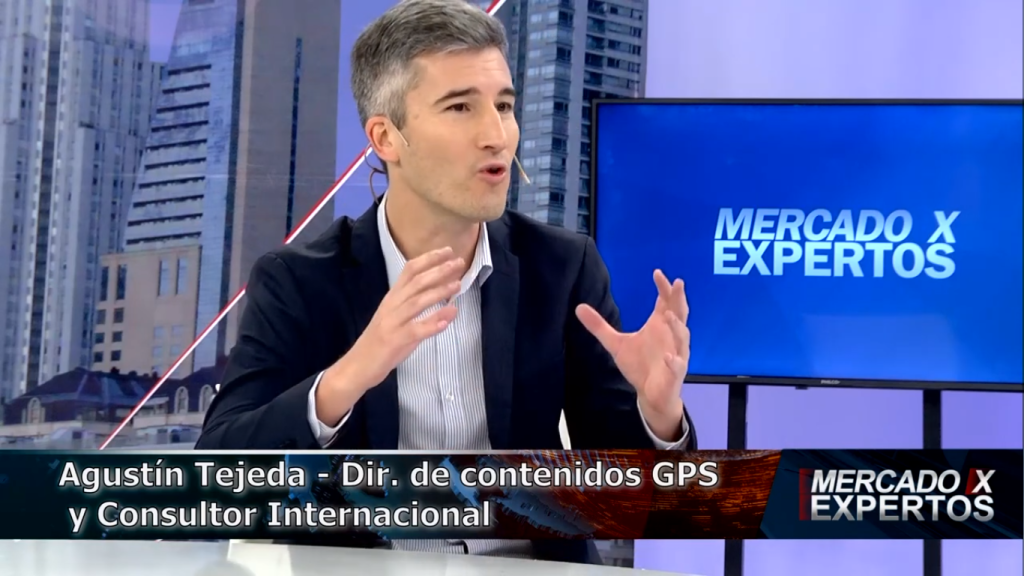
AT: The differentiation is this: within Mercosur, in the public sectors and in governments, there are very important differences in relation to the diagnosis of Mercosur's current performance, and especially regarding what its future should be like. And these differences also permeate the private sectors of the different countries. Uruguay has been asking for a long time to be able to negotiate free trade agreements on its own. Let's remember that since we are within Mercosur, we have to do trade agreements with the European Union or with any country in the world together, and Mercosur has negotiated very little in recent years. So some countries, especially the smaller ones, that say “we need agreements, we need to go out into the world, we need to have better conditions to sell our products. If we can't do it together, we want to do it separately”. At the same time there are countries, including Brazil, that say: “well, we also have a lot of distortions in intra-regional trade, we are very far from a free trade zone. So this doesn't work for us either, and we started to take some measures on our own.” As can be seen, there is a lot of debate, a lot of dissent at the government level, and this affects the strategies of the private sector and the possibilities of coordinating a joint vision. For this reason, it is sometimes better to talk about the four countries and abstract from the institutional framework, or from Mercosur in particular. Because the four countries have to work together, with or without Mercosur.
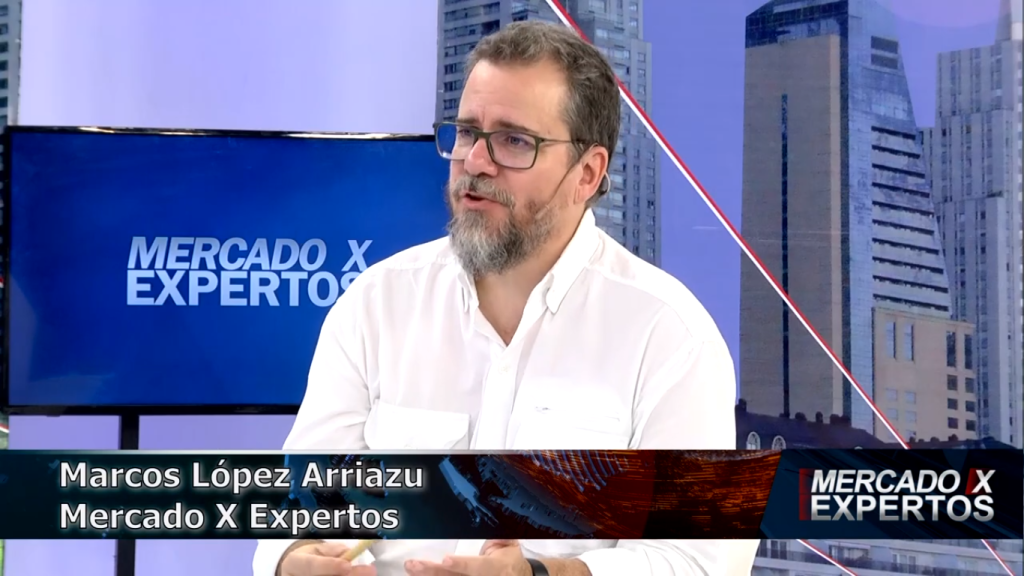
MLA: I take you a little bit from these four countries. This call by Lula to revive UNASUR, but with a stronger role, which is not only a political vision of the regional countries only, but rather to say "let's do something much stronger so as to be able to mediate, in some way, in this geopolitical dispute between China and the United States”. From the point of view of GPS and the productive point of view, what vision do you have about this?
AT: You bring up a very important topic of what is happening worldwide and that is the geopolitical issue. I would say that there are two factors of the international framework that can be highlighted, given their effects on the possibility of insertion of agro-industry. On the one hand: geopolitics, which generates greater restrictions and conditions on what medium-small-sized countries such as Argentina, and even Mercosur as a whole, can or cannot do in terms of international integration. With the dispute between the United States and China progressing, there are increasing alignment pressures for countries and greater restrictions. Geopolitics will play an increasing role in trade and investment decisions. At the same time, there is increasingly less multilateralism, less joint solutions to the world's problems, and more bilateralism and regionalism. There is even a growing unilateralism, that is, countries that say "well, I adopt these decisions beyond what the rest does and I try to impose them on other countries, regardless of their consequences." That is where the second factor comes in, which is the environmental agenda. On the environmental agenda, the adoption of regulations and measures by countries in response to environmental and nutritional concerns of consumers proliferates. The most paradigmatic case is the Green Pact of the European Union and its related norms.
The question is what is the best strategy to overcome the challenges posed by the international scenario. In this increasingly bipolar world, the challenge is to find a delicate balance between relations with our historical political allies (who make up what we might call the Atlantic Alliance, led by the United States and the European Union), and relations with our main customers, who are part of the other alliance, I mean China and other Southeast Asian countries. We have to move with a lot of intelligence and flexibility. At GPS we did work in this sense, trying to prioritize some lines of action.
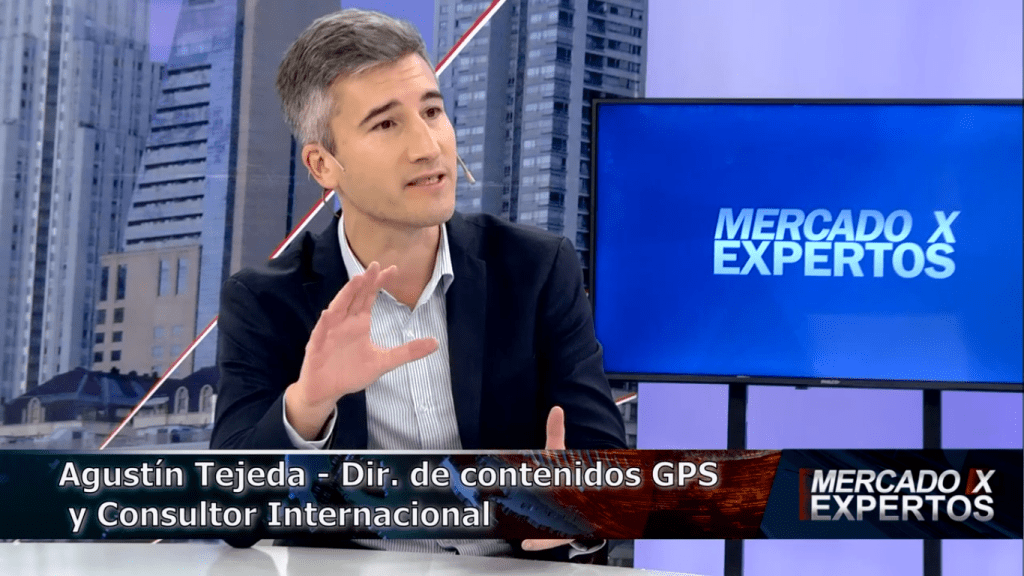
In the case of regional integration, we must go from the most particular to the general, in an exercise of concentric circles: first, consolidate the strategy in Argentina; then the strategy between the four countries, and that is where the Mercosur discussion comes in; later, the Southern cone, where UNASUR is located, to later advance in Latin America. There is even room to advance at the hemispheric level, which includes the United States and Canada, because we have many coincidences, especially in the agro-industrial agenda, where we share principles such as the importance of international trade and the scientific basis for each of the measures. , and the transcendental role of technology, particularly biotechnology. There is a lot to work on, but first the homework must be done in Mercosur and then move forward to achieve consensus at the hemispheric level.
MLA: The only way is through Mercosur today, these four countries together, as a base. Then you see where to explore, but the dissolution of these four countries makes no sense.
AT: La verdad es que en el mundo que describimos tiene poco sentido trabajar por separado. Hoy el mundo presenta grandes oportunidades en términos de comercio internacional, pero también grandes desafíos. Ese mundo de desafíos geopolíticos, climáticos, energéticos y alimentarios, revaloriza la agricultura y le otorga a nuestra región un lugar muy importante, el de consolidarse como proveedores confiables y sustentables de alimentos, bionergías y otros productos biobasados. La región adquiere una renovada importancia, porque tenemos esos dos grandes atributos: el de la confianza, ya que vivimos en una zona de paz, en medio de una guerra muy importante que afecta a grandes proveedores del mundo; y nosotros podemos ofrecer previsibilidad en los suministros a mediano y largo plazo. Y el de la sustentabilidad, ya que tenemos sistemas productivos más amigables con el medio ambiente si nos comparamos con el resto del mundo; aunque hay que seguir trabajando en la mejora continua, y en la medición, certificación y diferenciación de atributos. El posicionamiento y el atractivo lo tenemos como región, y también el poder para poder conseguir mejores concesiones. Obviamente, que si no podemos como región habrá que intentar como Argentina y hay algunas cuestiones que podemos hacer, pero sin duda que la ventaja está en un posicionamiento regional.

MLA: You said that we have sustainability, and one of the questions from Europe, which is one of the big customers in food, is precisely whether we are a sustainable region, it is increasingly questioned and these pressures end up damaging the image. How do you see that dichotomy?
AT: El posicionamiento de nuestra agroindustria y la sustentabilidad de nuestros sistemas productivos, a través de la bioeconomía, es uno de los objetivos más importantes del trabajo de GPS. Y debería ser una prioridad de Argentina y el bloque regional. En la Unión Europea existe una visión equivocada sobre nuestros sistemas productivos, y sobre esa base adoptan cada vez más barreras. De hecho, ha aprobado recientemente una iniciativa de importaciones libres de deforestación, nada de lo que ingresa a la Unión Europea va a poder tener deforestación incorporada y vamos a tener que probar en nuestras cadenas que los productos provienen de zonas que no tienen deforestación ilegal, pero también legal.
We have a very well-founded intuition for this position, but the reality is that we still lack a lot of data and so we have to work hard in the scientific-technological system to be able to measure and prove that our systems are as we assure, to be able to certify it and be able to capture that value in the international market.
The bioeconomy offers us a new vision that builds bridges between the environmental and the productive, between the countryside and the city, and allows us to present ourselves as the solution to this apparent dichotomy.
Watch the interview.
